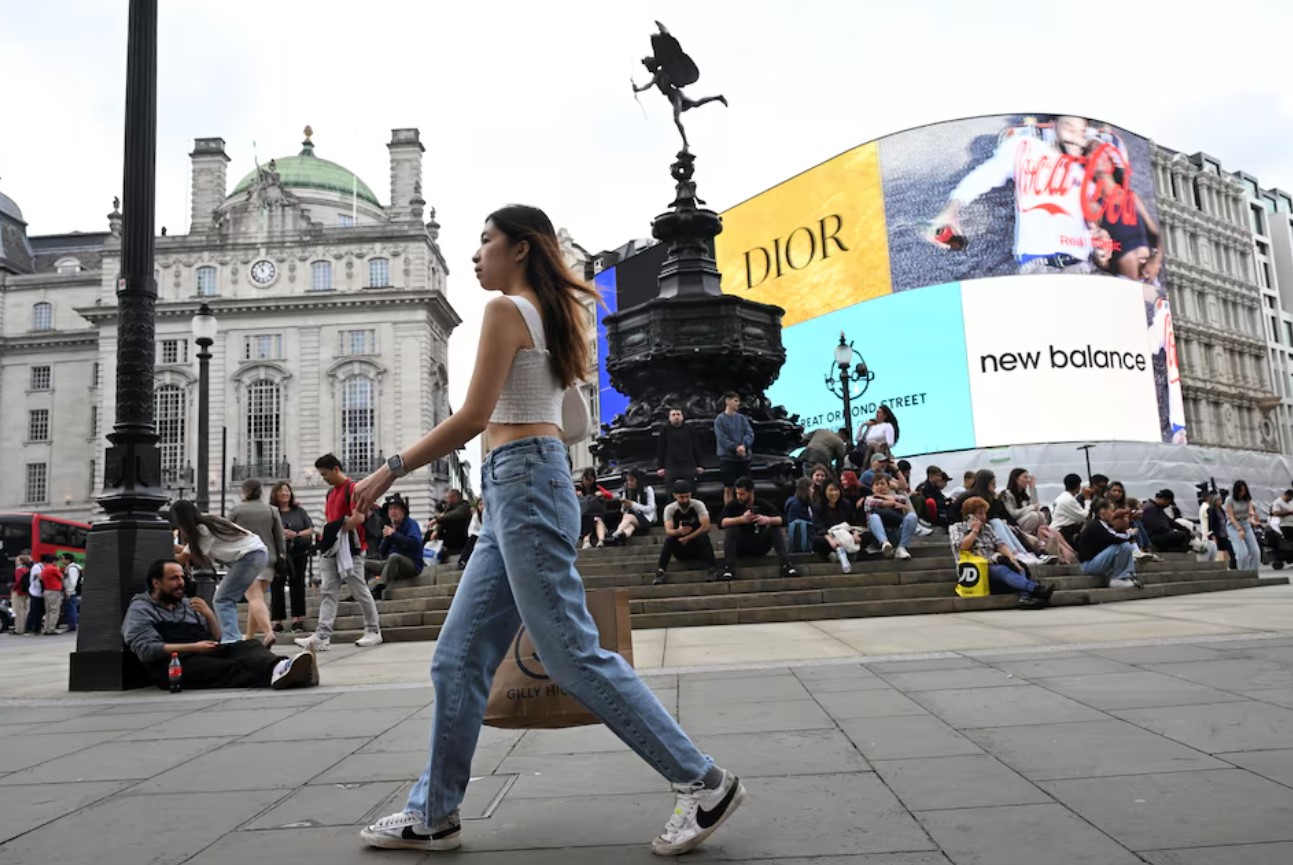British retailers cut their prices in October, led by the biggest drop for food in almost five years, industry figures showed, offering a bit of relief to households before Halloween as well as the Bank of England and the government.
Overall shop prices fell by 0.3 per cent from September, the first month-on-month drop since March, the British Retail Consortium said on Tuesday.
A monthly 0.4 per cent drop in food prices was the biggest such fall since December 2020, the BRC said.
Compared with October last year, overall shop prices were 1.0 per cent higher after a 1.4 per cent rise in September, the first time that the annual pace of increases has slowed since June.
Annual food price inflation was also cooler at 3.7 per cent compared with October last year, down from 4.2 per cent in September, although fresh food prices continued to accelerate.
The BoE is watching food prices closely as it believes they have a big role in shaping public inflation expectations. Last week, official data showed Britain’s headline inflation rate held at 3.8 per cent, the highest since early 2024 but below forecasts of an increase to 4.0 per cent.
BRC Chief Executive Helen Dickinson highlighted fierce competition amongst retailers, widespread discounting and an easing of global sugar prices which helped to bring down prices of chocolate and confectionary ahead of Halloween.
Some retailers started promotions for electrical goods and beauty products before the Black Friday sales that typically fall in November, Dickinson said.
She called on finance minister Rachel Reeves not to increase the cost burden on the sector in her budget on November 26.
“Adding further taxes on retail businesses would inevitably keep inflation higher for longer,” Dickinson said.
Reeves has said she will use her budget to bring down the cost of living.






Click here to change your cookie preferences